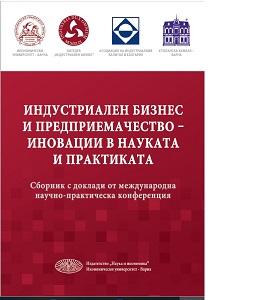Сигналната политика на образователния пазар и цели на университетите
Signal Policy of education market and goals at university
Author(s): Tsvetan Dilkov
Subject(s): National Economy, Socio-Economic Research
Published by: Икономически университет - Варна
Keywords: knowledge; educational market; signal policy; rating on the university; competences; education services
Summary/Abstract: Why do people receive higher education if the knowledge received in the university is not used by them in their subsequent work, and some of them with too little effort can be obtained directly at the workplace? Does the education we receive on our labor qualities affect us? In classical work by Michael Spence, for which her author was awarded the Nobel Prize, it is claimed that even assuming that such influence is absent, receiving education is a meaningful act.The point is that education helps a person on the labor market to report his work qualities as a potential recruiter, distinguishing himself from the total workforce. The idea of education as a signal is based on two prerequisites. First, the capacities of the potential worker are 'closed' for the employer, they can not be directly appreciated, and secondly, there is a positive link between the qualities of man as a worker and his learning abilities: easy to learn, then it will be easier for him / her to work
- Page Range: 240 - 246
- Page Count: 7
- Publication Year: 2018
- Language: Bulgarian
- Content File-PDF

